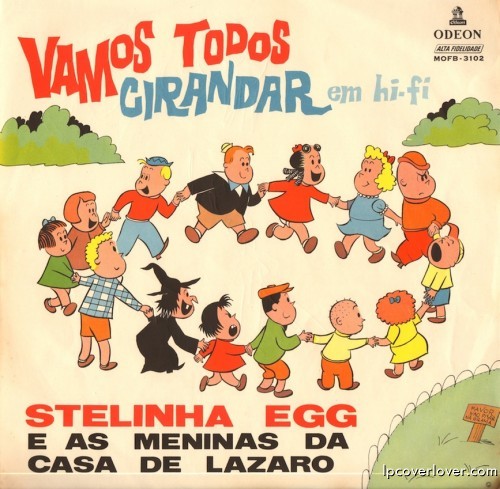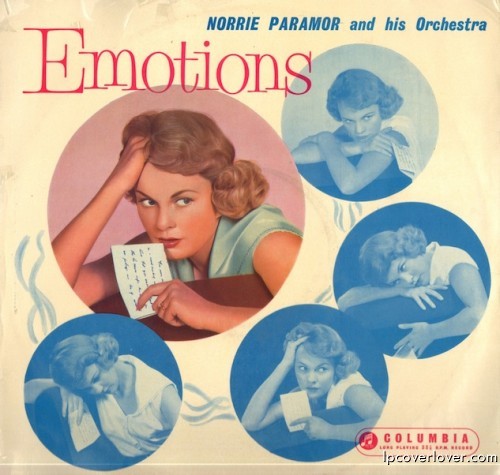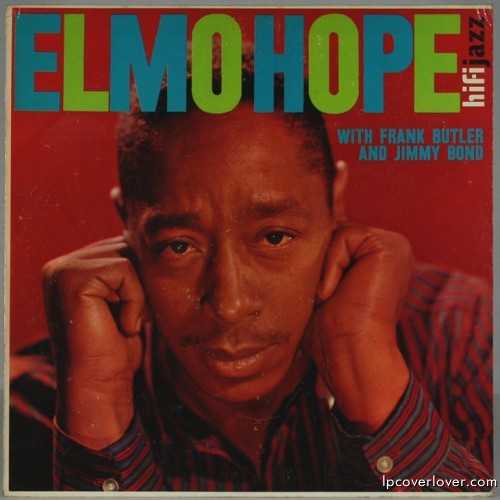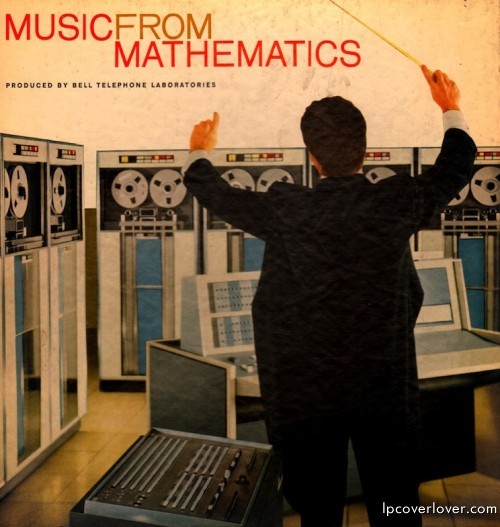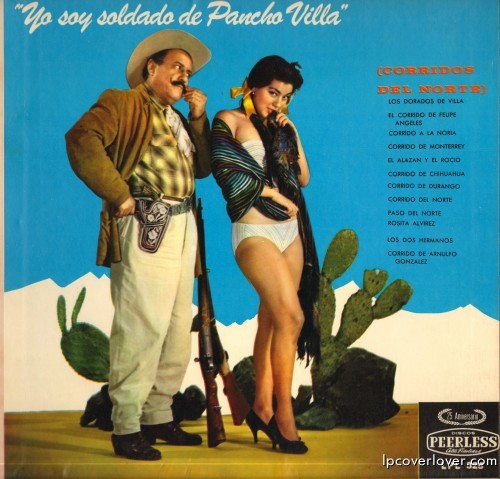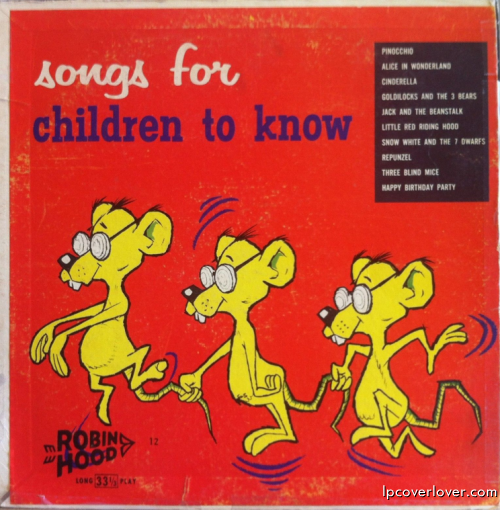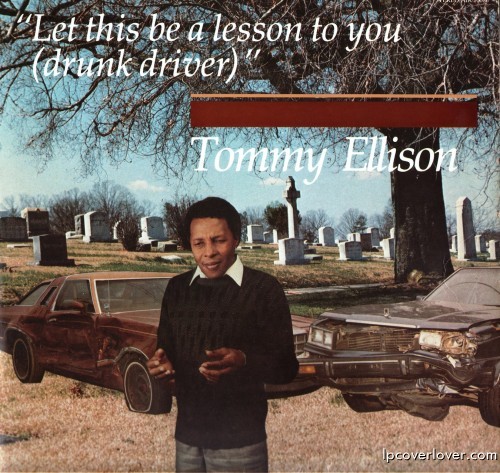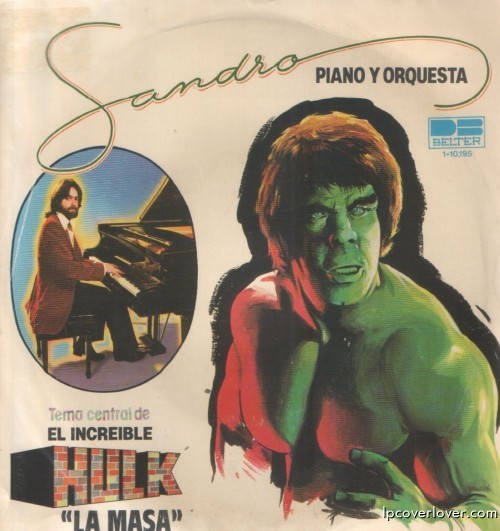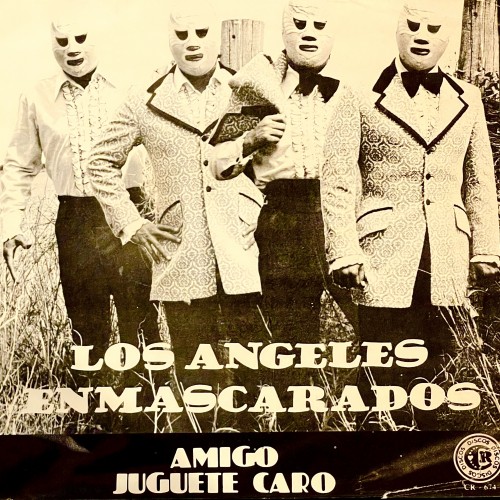April, 2014
Keeping Hope alive
The Elmo Hope Trio with Frank Butler and Jimmy Bond on HIFI Records (1960) Here’s Barfly.
Pianist and composer Elmo Hope’s music might best be compared with that of Herbie Nichols. Both men shared some of Bud Powell’s intensity, Thelonious Monk’s inventive whimsy and, at times, hints of young Cecil Taylor’s realistic approach to the impossible. Over the years, both Nichols and Hope have achieved posthumous respect from an international jazz community which is itself marginalized. While Herbie Nichols could be said to have been ignored to death, Elmo Hope’s life and work were grievously complicated and ultimately extinguished (in 1967 at the age of 44) by the same narcotic plague that afflicted so many of his contemporaries.
Born in 1923, St. Elmo Sylvester Hope was the son of West Indian immigrants who settled in New York. He grew up with Bud Powell, studying J.S. Bach and dreaming of new concepts in modern music. Hope’s first recordings were with trumpeter Joe Morris, whose little R&B band boasted such innovative young minds as Johnny Griffin, Percy Heath and Philly Joe Jones. When in 1953 Alfred Lion gave Hope his first opportunity to record as a leader, he chose Heath and Jones to catalyze the eight tracks issued on New Faces, New Sounds.
Even as some of his music rippled with the restless energy of Herbie Nichols, Hope also made a point of composing and performing ritualistic reveries of profound and breathtaking slowness, sometimes drifting into a trance-like space where the listener may follow in order to contemplate the mysteries of life and death, of creativity and collective improvisation. Like Herbie Nichols, Elmo Hope imprinted everything he wrote and played with an indelibly personalized, harmonically advanced language. (AllMusic)
“And a one, and a two …”
Bell Telephone Labs “Music From Mathematics” (1960) This is a piece of computer music history, with early examples of music generated by and performed on computers 50 years ago. Composers include Max Mathews, John Robinson Pierce, Newman Guttman, David Lewin, Lejaren Hilller, and S.D. Speeth. Booklet includes extensive notes, diagrams, photos, and score excerpts. NOTE: there is some overlap in content with the Decca records LP “Music from Mathematics,” (also posted here) but the two issues are not identical.
Accidents will happen
“Let This Be a Lesson to You (Drunk Driver)” Tommy Ellison Atlanta International Records (1990) The harrowing story of deadly car crash with a twisted ending.

